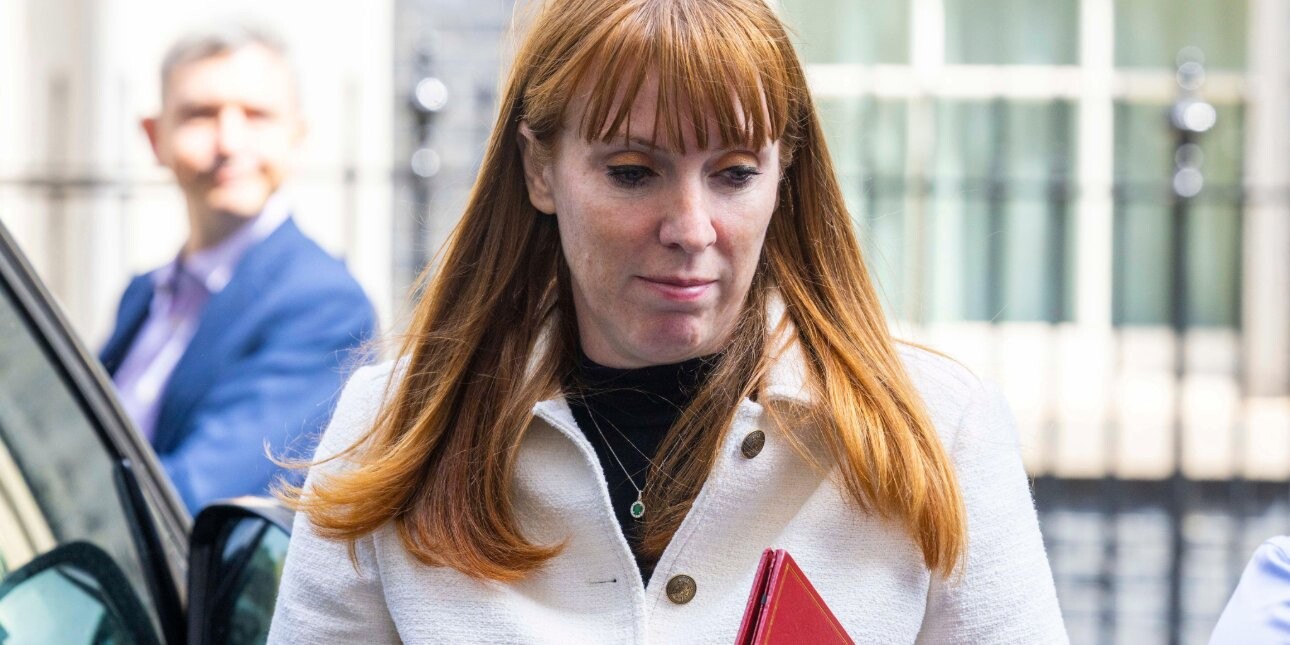Stamp duty storm: what the Rayner case reveals about adviser risk
The fallout from Angela Rayner’s stamp duty case raises urgent questions about reputational risk, professional scrutiny, and the role of advisers behind the scenes.
It’s rare for conveyancing to make the front page of the Financial Times. But that’s exactly what happened in the Angela Rayner case – a seemingly routine property transaction turned into a national controversy.
Suddenly, it wasn’t just a politician under scrutiny. Advisers who assumed their work would remain behind the scenes found themselves part of the story. The Rayner saga wasn’t just politics as usual, it was a reputational wake-up call for anyone working with high-profile clients.
The risk of being blamed
Advisers often see their role as technical and discreet. But reputational risk has always been part of the job – and when things go wrong, clients may deflect blame.
Rayner’s defence hinged on having followed professional advice. That familiar line shifts scrutiny – and sometimes responsibility – onto the advisers themselves. Whether fair or not, advisers can quickly become scapegoats.
If the advice isn’t airtight, or the paperwork has gaps, expect the spotlight to turn your way, not just with curiosity, but with blame. Imagine a tax adviser whose email is quoted out of context in a tabloid. Suddenly, they’re not just a technician, they’re a headline.
Privilege doesn’t mean protection
Advisers often assume professional privilege or confidentiality will shield them from scrutiny. But when a case hits the headlines, those protections can erode under public pressure. The court of public opinion doesn’t wait for legal nuance, it demands accountability.
If your advice doesn’t stand up to media or political scrutiny, your reputation may be on the line. And in high-profile matters, even technical roles can become part of the story.
Reputational due diligence is not optional
Legal compliance is critical – but it’s not enough. The real question is: how will this look if it hits the headlines? How will you explain your decisions under media pressure?
Reputational due diligence means treating your advice as if it could become tomorrow’s headline. Clear, documented and defensible advice is essential. Grey areas are reputational liabilities.
Advisers must proactively partner with PR and communications teams. Managing the narrative isn’t optional – it’s essential.
Lost in translation
Advisers operate in a world of nuance, regulation and precision – but the public doesn’t. When technical advice enters the media arena, it’s often stripped of context and simplified beyond recognition.
That’s not a failure of the advice itself; it’s a failure of translation. And it puts advisers on the back foot. Most people don’t understand conveyancing law or tax structuring, they see headlines, not footnotes.
This disconnect is what makes reputational risk so dangerous. Even sound advice can look suspicious if it’s poorly explained or selectively quoted. Advisers must assume their work will be interpreted by non-specialists and prepare accordingly.
Time for a strategic reset
The Rayner episode didn’t change the rules, it revealed how exposed advisers have always been.
Reputational risk must be treated as a core advisory competency. That means documenting advice with public scrutiny in mind, training in crisis communication, and ensuring advisers are involved in reputational planning from the outset.
This isn’t about reinventing the advisory role, it’s about recognising the reputational terrain it already occupies. If you think you’re “just the adviser,” think again. The spotlight doesn’t discriminate – and when it finds you, preparation is your only defence.

Ryan McSharry is UK head of crisis at international PR firm Infinite. He specialises in reputation risk, crisis preparedness and high-profile client issues.
Further reading
Book review: A Different Kind of Power by Jacinda Ardern
Tough new greenwashing rules: What PRs need to know about the DMCC Act
Dame Maria Miller: ‘Communications should be at the heart of business’

